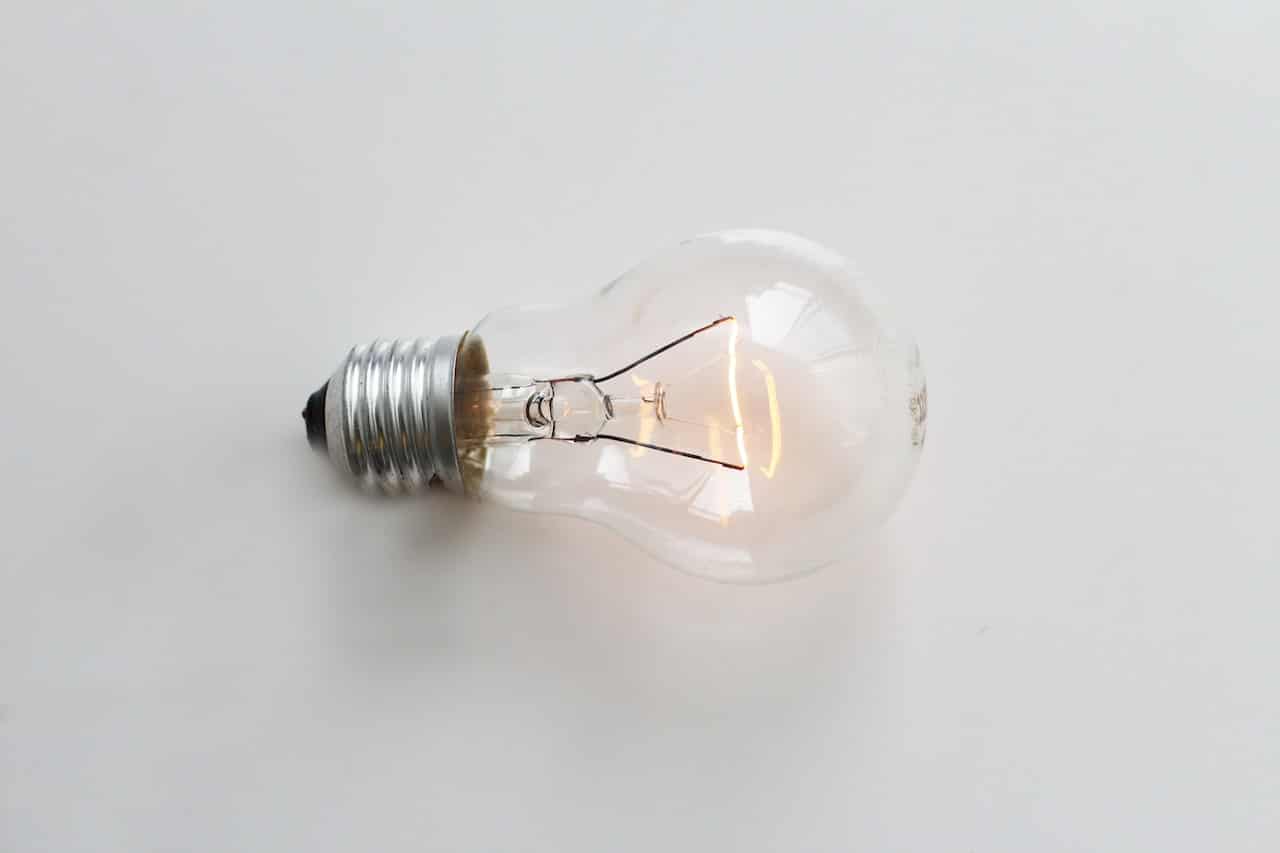Bankruptcy is a huge financial decision for debt relief, and it can impact more than just your creditworthiness. Filing for bankruptcy can affect your assets too. And so, if you have a car and are thinking about filing for bankruptcy, you may be curious about its effects on your vehicle.
There are some instances where filing for bankruptcy will affect ownership of your vehicle; and others where it will not. This depends on the type of bankruptcy you are applying for and how you purchased your car. Keep reading for more information on what happens to your vehicle if you file for bankruptcy.
Understanding the Difference Between Chapter 7 and Chapter 13 Bankruptcy
Chapter 7 bankruptcy involves wiping out total debt. In contrast, Chapter 13 consists of coming up with a court-ordered repayment plan for your secured debts, and unsecured debts are usually discharged. Chapter 7 is more common for most people. No matter what kind of bankruptcy you file, you will still be responsible for payments on income taxes, child support, and student loans.
What If I Outright Own My Vehicle?
The good news is that if you own your vehicle outright and file for bankruptcy, you can file for bankruptcy exemptions. These exemptions exist so people who are bankrupt can keep their necessary possessions. More on exemptions and your car below.
Bankruptcy Exemptions Determine if You Keep Your Car
The bankruptcy exemption for a car is up to $4,450 (up to two vehicles at that value if you are married)—called a motor vehicle exemption. This means that if your car is worth less than that amount, it won’t be sold to pay off debts. Suppose your vehicle is worth more than this amount. In that case, your bankruptcy trustee can sell the car, you will get to keep the exemption amount, and the rest of the balance will be put towards paying back your debts. Keep in mind that this is more common with Chapter 7 bankruptcy. As with Chapter 13, you can apply for a repayment plan rather than selling your car.
A bankruptcy attorney can help you understand federal and state exemptions. They can also help you apply for all exemptions that apply, so it may be worthwhile to reach out to a law firm to discuss options while filing for bankruptcy.
What If My Car Is Leased or Financed?
If your car is financed with a car loan or leased and you file for bankruptcy, your lender may have the right to repossess the vehicle. When you sign up for a lease or auto loan, you agree to forfeit the car if you cannot make your monthly payments, and so, if that does happen, you will have to give up your vehicle. However, if you can work out a debt repayment plan with your lender, you may be able to keep your car. This is also known as reaffirming your debt.
Figuring Out How Much Equity I Have In My Car?
When filing for either type of bankruptcy, you may hear a lot about your car’s equity. If you own your car outright, then whatever your vehicle is worth will be the equity that you have in it. While with a car loan, whatever loan amount you have paid off will be the amount of equity in your vehicle. When it comes to equity when talking about bankruptcy, most people are actually referring to the car’s value which is determined by the make, model, age, condition, and of course, market value.
Your Car in Chapter 7 Bankruptcy
When filing for Chapter 7 bankruptcy, you can choose whether you want to continue paying on secured debt while your unsecured debt will be discharged. Let’s say your secured debt includes a car loan; well, in that case, if you cannot make your car payments, then your lender will repossess your vehicle. However, if you can work out a repayment plan with the car loan lender, you can keep making payments and keep your vehicle.
Chapter 13 Bankruptcy and Your Car
With Chapter 13 bankruptcy, you will work with your creditors on a repayment plan. And so, if you are paying back a car loan, you will likely be able to keep your car. If you break this agreement, your lender will have the right to the vehicle.
And so, whether you are filing for Chapter 7 or Chapter 13, the best way to keep your car in bankruptcy is to work out a repayment plan with your lender.
Other Assets Bankruptcy Can Impact
Bankruptcy can impact assets other than your car. Here are some other assets that can be sold for debt payments after your file for bankruptcy:
- Your home and other real estate assets.
- Boats and other motor vehicles.
- Jewelry.
- Furniture and art.
- Investment returns.
The good news is that you can file exemptions to protect your assets.
The Long-Term Impacts of Bankruptcy
Although you may be thinking about your immediate assets like your car when you file for bankruptcy, you should also consider its long-term impacts on your finances. Because both Chapter 7 and Chapter 13 bankruptcy can drop your credit score by many points, it can make many aspects of your life difficult. Here are some things to consider:
You Will Have a Hard Time With Loans and Credit
Bankruptcy makes it harder for you to qualify for loans like personal loans, mortgages, and car loans. If you ever need to borrow money with extremely bad credit, then you may only have options like payday loans online or car title loans. If you want to learn more, check out our blog on how soon after bankruptcy you can get a car loan.
You May Not Be Able to Purchase or Rent a Home on Your Own
Most people will need a mortgage to purchase a home. With bad credit, it can be challenging to qualify for funding from a mortgage company. And when you rent a place, many landlords or property management companies will check your credit. Having bad credit can disqualify you from some rental properties.
You May Lose Out on Employment Opportunities
In some states, employers will check an applicant’s credit score, so if you have bad credit over an applicant with good credit, you may miss out on the job.
The good news is that fixing your credit after bankruptcy is possible with some credit rebuilding strategies that anyone can use. Additionally your credit score improves after a bankruptcy is removed from your credit report, which can take seven to ten years depending on the bankruptcy type.
References:
Can I Keep My Car If I File Chapter 7 Bankruptcy?
Chapter 7 vs. 13 Bankruptcy: The Main Differences | Leinart Law
If I File Bankruptcy, Can I Keep My Car?







